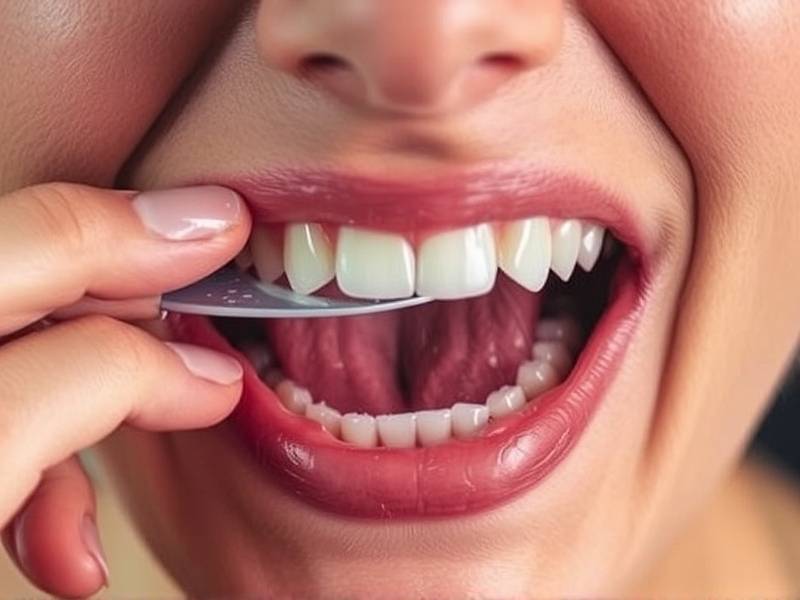What Happens to Your Gums When You Quit Smoking?
The Transformation of Your Gums: A Journey to Health After Quitting Smoking
Introduction: Quitting smoking is a significant step towards a healthier lifestyle. While the benefits of quitting are well-known, many individuals may overlook the impact it has on their oral health, particularly their gums. This article delves into what happens to your gums when you quit smoking and how it can lead to improved oral health.
Understanding Gum Health:

Gum disease, also known as periodontal disease, is a common condition caused by the buildup of plaque on teeth. Smoking not only increases the risk of gum disease but also makes it more severe and harder to treat.
The Immediate Changes:
-
Reduced Inflammation: As soon as you quit smoking, your gums will start to heal. The immediate impact is a reduction in inflammation and swelling. This is because nicotine constricts blood vessels, reducing blood flow to the gums, which leads to inflammation.
-
Decreased Bleeding: Within a few days of quitting, you may notice that your gums bleed less when brushing or flossing. This is a sign that your gums are starting to repair themselves.
Long-Term Improvements:
-
Stable Gum Tissue: Over time, quitting smoking can lead to stable gum tissue. The toxins from cigarettes can cause gums to recede and become loose over time; however, quitting can help stop this process.
-
Reduced Risk of Periodontitis: Periodontitis is a severe form of gum disease that can lead to tooth loss if left untreated. Quitting smoking significantly reduces the risk of developing this condition.
-
Better Breath: As your gums heal, you may notice an improvement in your breath quality due to reduced bacteria in the mouth area.

Additional Tips for Gum Care Post-Quitting:
-
Regular Dental Check-Ups: Schedule regular dental appointments to monitor your gum health and address any issues promptly.
-
Good Oral Hygiene: Continue practicing good oral hygiene habits such as brushing twice daily with fluoride toothpaste and flossing regularly.
-
Healthy Diet: Maintain a balanced diet rich in vitamins and minerals that support gum health.
Conclusion: Quitting smoking is not only beneficial for your overall health but also for your oral health, particularly your gums. By understanding the changes that occur in your gums after quitting smoking, you can take proactive steps towards maintaining healthy teeth and gums for life. Remember, every step towards quitting smoking brings you closer to a healthier future!
